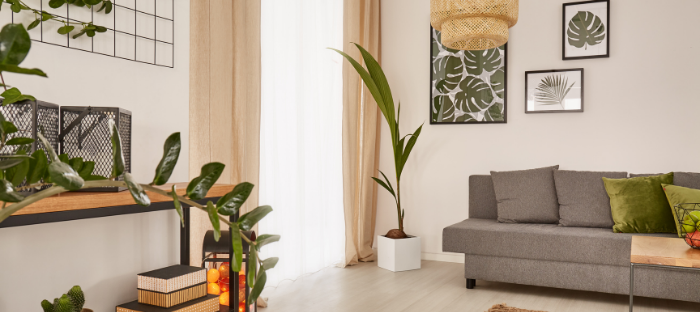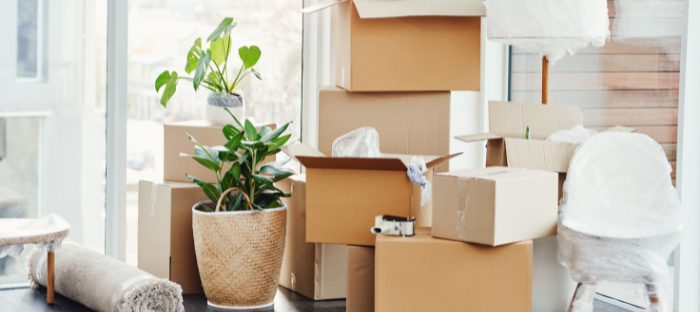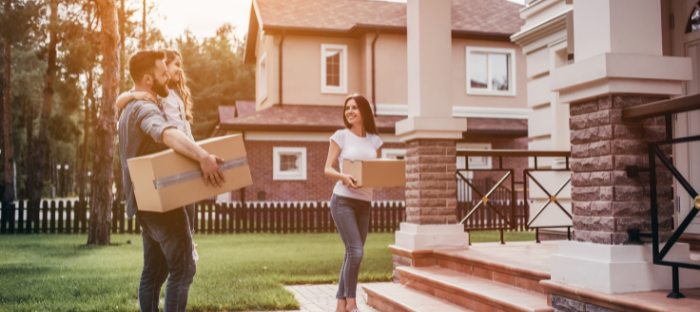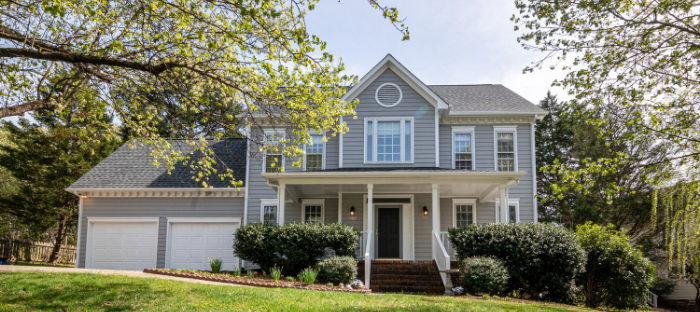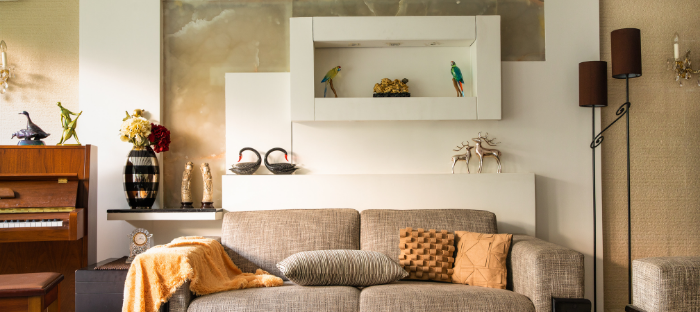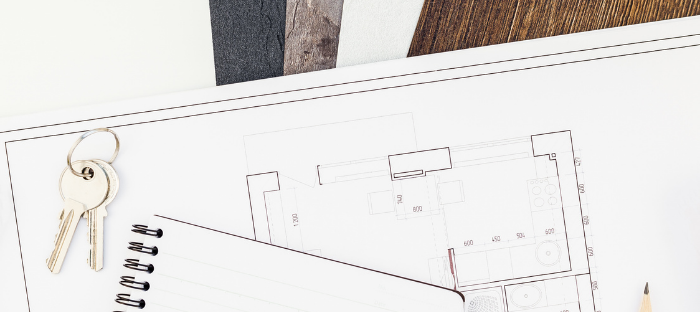What You Need To Know When Building a House.
What You Need To Know When Building a House.
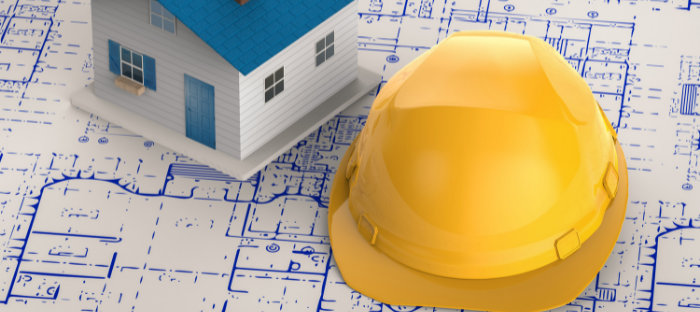
Designing the house's layout
One of the first things you need to do when building a house is to decide on a layout for your design. There are many different layouts, so it all depends on what you want and how much time and money you have for your project. Many homeowners like to have all the bedrooms on one floor, but that's not always possible.
It's important to have a plan in place before you begin working because it will save money and time if done right. It can be helpful to hire an architect or designer for this part of the process.
Before you dive further, take a look at what the differences are between open concept living and a traditional floor plan.
Open Concept Vs. traditional Floorplan
The open concept floor plan is more modern, with no walls separating the kitchen, dining room and living room. The traditional floor plan has separate rooms for these different spaces, which can make it feel like you are living in a maze or just a series of small spaces rather than enjoying all of your square footage.
It's important to know what you want before you start working on your house plans because both options have their benefits and drawbacks. Open concept living leaves little privacy in common areas but allows you to maximize light if you're building a home facing south to capture as much sunlight as possible during the day.
Open concept living is great if you're pressed for time and need to do chores while still being around your family but you will have to sacrifice some peace and quiet.
The great thing about building your own home is that you can design it however you like, and not deal with the layout of an existing home.
Production home vs Custom built home
This is some terminology that's important to know before you embark on your journey.
A production home is a house is built by a company and allows either a little customization or none at all. This isn't what most people think of when they say the words "building a home" but these are cheaper alternatives than custom homes.
A custom-built home is one where you have a say in every little detail. Of course, this level of customization comes at a cost - usually involving an architect to make sure your house stays upright. To build a house from the ground up takes a lot of effort and money but if you're sold on the idea, keep reading.
Planning for your needs and wants
If you made the decision to get into custom home construction rather than dealing with the housing market, then that means you like having things just the way you like them.
There are architectural firms that can help with your plans but before you get dazzled by what they propose, it's a good idea to have a good idea of what you will need and want.
If you have a large family, for example, then a kitchen with a large island or with enough space for everyone to eat together is essential. More importantly, if you're looking at rural areas then you need to think about how to bring utilities over. Production homes bypass those considerations because of where they're usually located - in the suburbs.
What you can and can't live without will affect costs because, unlike a home that's already built, you have to carefully deal with local bylaws to make sure that there are no added costs hidden down the line.
There are many factors to consider on top of the cost to build because things like transportation costs can add up quickly. It's best to have a good idea of what you want in the new house before you even purchase the land.
Budgeting for construction costs
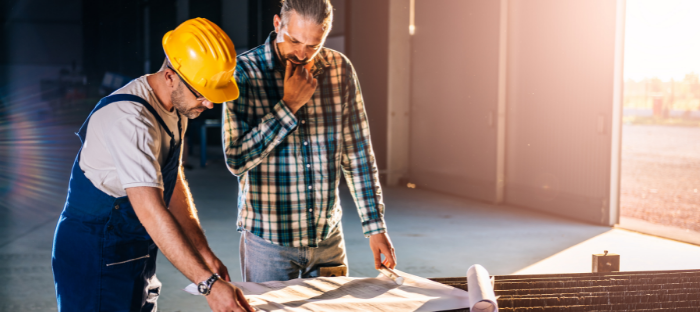
Whether you're building at the edge of smaller cities or erecting a single-detached home somewhere with poor road access, all of that will have a cost.
It's not simply buying land and hardwood flooring, you have to factor in the unexpected costs that can arise, the average costs of hiring a land surveyor, and what local contractors can charge.
According to the 2021 Canadian Cost Guide released by the Atlus Group, the average price of a square foot ranges between $115 to $265 in major Canadian cities for a single-family home.
Many websites can help you calculate an estimate for the cost of building your dream home.
Are there mortgages for building your own home?
Yes, some mortgages provide financing for building your own home.
These are not the same as a typical mortgage to buy a home that already exists though. You will need a loan to buy the land and another separate one to cover the cost of building materials.
When it comes to the latter, then there are two types of construction mortgages.
What is a completion mortgage?
A completion mortgage is a construction loan where the builders receive their payment when you can start living in your home. Though you will do the usual song and dance when you need to borrow money like making sure your finances are in order, you will not have to put forward a downpayment until thirty days before you move in.
What is a progress-draw mortgage?
A draw construction mortgage is one where the home builders can retrieve portions of the total cost at specific stages of the construction. Out of the two types of construction loans, this is the one that builders tend to prefer. Keep in mind that you will have to pay for inspections along the way that ensure that project management is going smoothly.
What are hard costs and soft costs?

Hard costs are the material costs: all the materials that will end up in the home. From the roof tiles to the bathroom vanities and the air conditioning unit.
Meanwhile, labour like that of the home construction company, the architect you may hire, or the land surveyor all form part of the soft costs associated with the house.
The financial bottom line:
The overall cost of a construction project is hard to determine and it needs to be figured out before construction begins.
Usually, mortgage lenders can help you understand all the costs associated with your home construction project. Since it involves so many moving parts when it comes to cost, the loan usually requires a higher downpayment - from 25% to 30% usually.
It's good to have a ballpark figure but don't pull the figure until you talk to a mortgage broker about your potential construction costs.
Getting permits in order before building starts
When you find land that is suitable for your house plans and you secure a construction loan, then you need to get building permits before you can start the building process.
For many cities, this involves getting approval from the city planning to make sure that your home fits with their vision for the area.
All the necessary permits are not always available in one place so it would be best to work with a realtor who has experience navigating these things on behalf of clients. If you're able to do some leg work on your own, then you can save yourself some money but be warned that land prices will be the least of your worries if you get the wrong building permit.
Not proceeding carefully can mean interminable delays that raise your soft construction costs for your new home.
Choosing the right contractor to build your dream home with you

Start by asking a friend, a family member, or a real estate agent for a personal recommendation. Ask to see at least three sets of work they've done, and ask them what warranty policies they offer.
Keep in mind that these days, even many contractors use subcontractors rather than doing the entire project themselves - so make sure you know who-is-doing-what. And it's always best to get several estimates before signing any contracts because sometimes there are cost differences between one contractor and another.
This is not a renovation project, ask for competing bids from local contractors so you can get an accurate price of what building the property will mean.
While choosing the right materials is important, the value of a good contractor per square foot can be the difference between creaky floorboards and rock-solid insulation.
Keep in mind that it takes time, patience, and money when you build a house.
To build a house, a custom-built one especially means a lot of control over the place where you will live for the foreseeable future. You will be choosing light fixtures and the material of exterior doors, trying to gauge the best value from competing contractors, and wondering if it's all worth it multiple times throughout the build.
If you do your due diligence and responsibly approach the cost of building that new home, then you can find yourself with something that most other people can only dream of.
View All Homes For Sale in Greater Vancouver >>>
About Search Home Listings
SearchHomeListings.ca has simplified the home buying and selling process by giving you superior tools with up-to-the-minute information including active homes for sale, sold homes, market reports, and a home valuation tool! We have a team of success managers on standby to support you with setting up your saved home search and agents ready to take you out on a tour. Tap into our industry experts from inspectors, to contractors to interior designers to provide you with the best prices and service possible. Everyone attached to our website has been rigorously vetted and is made up of caring, knowledgeable professionals that work tirelessly to help you to make your home buying experience as stress-free as possible. Contact us today to see how we can help!
Sites We Follow
Categories
Recent Posts

